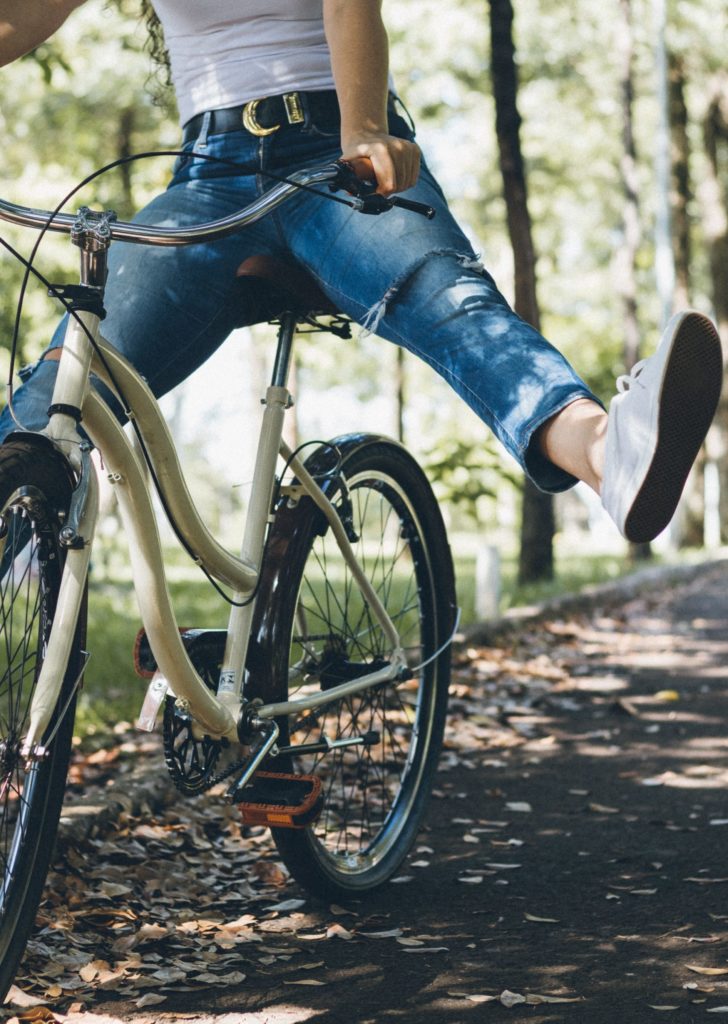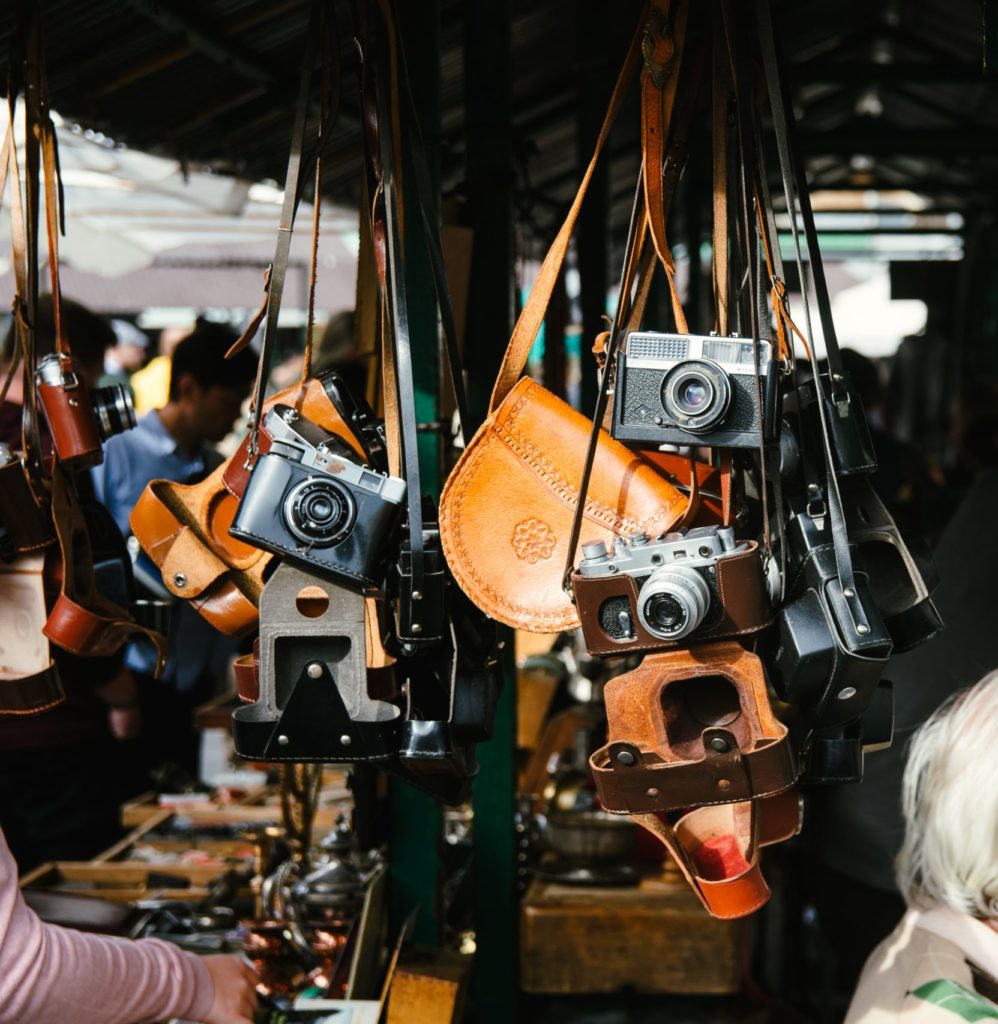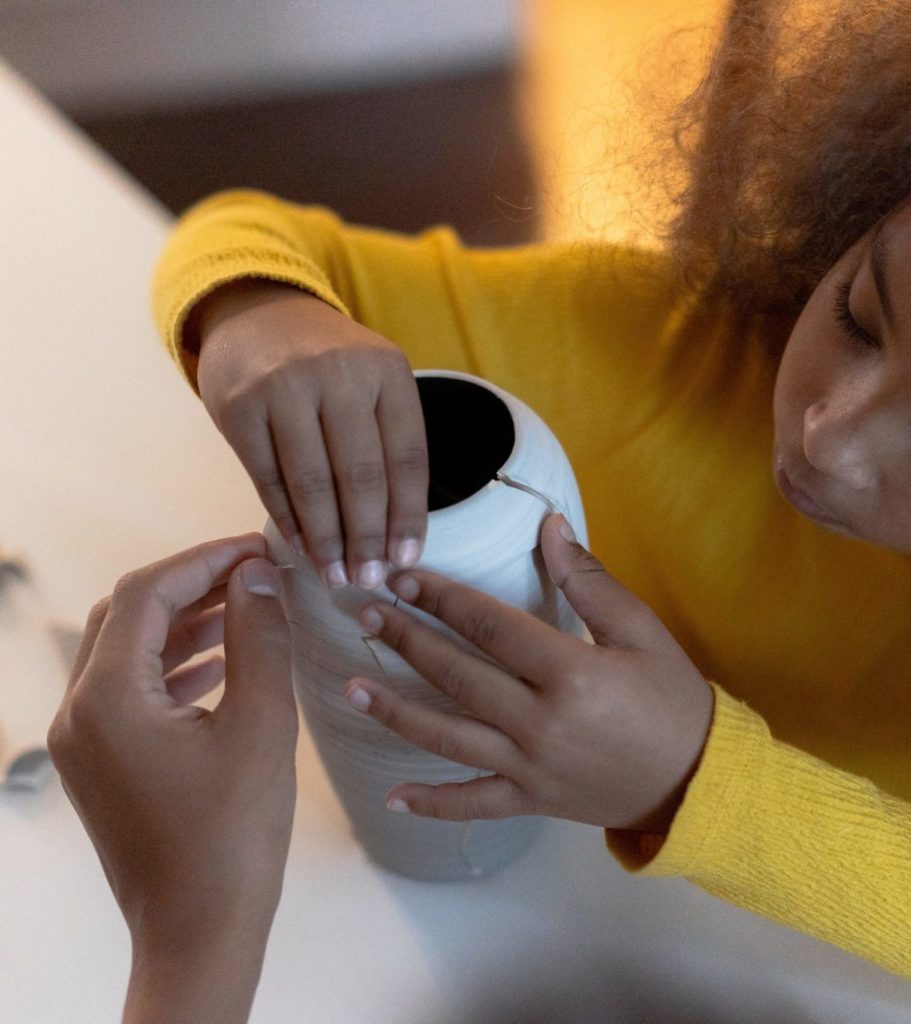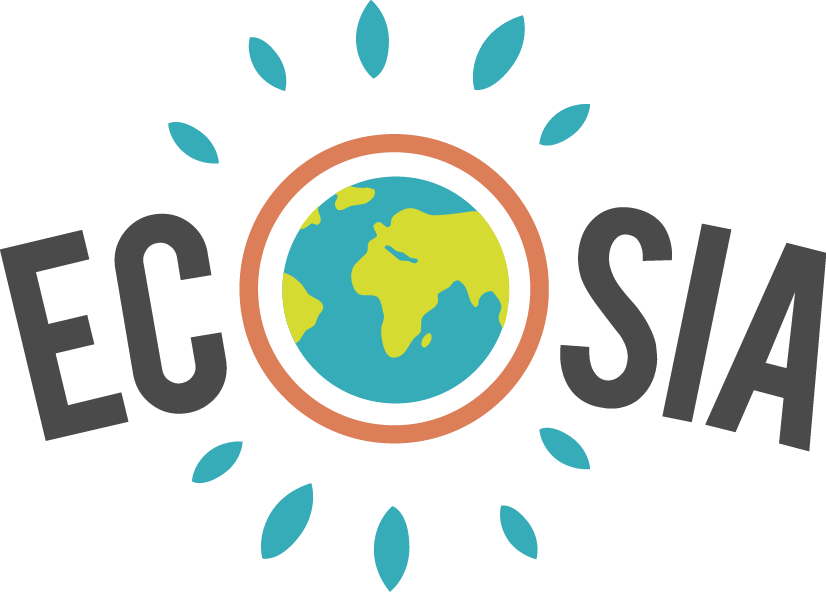Make everyday life environmentally friendly
There are many possibilities for an easily implemented ecological behavior in everyday life. Below are tips from the water bottle to the hobby. For example, using public transport, cycling or even walking. This not only helps the environment but also burns calories and has a meditative effect against stress. Avoid plastic and use a water bottle on the go. Spend your free time in nature, with friends or with a book instead of electronic devices. If you are online then use ecological platforms which support the environment. If you want to buy new things, see if you might not get them used and even save money in the process.

Water bottle for on the go
Whether for sport, work, school or university, fillable drinking bottles for on the go are not only chic and trendy, but also make ecological sense.
Used as an environmentally friendly alternative to disposable bottles from the supermarket, you not only avoid unnecessary plastic waste with each refill, but also save time and money.
Only 1 in 10 plastic bottles is recycled at all worldwide. The production of plastic bottles alone consumes as much oil per year as one would need to run 1 million cars for 1 year each. And a full 3 liters of water per bottle, before it is even filled. (Quelle: green-your-life)
There is also the health aspect. Many plastic bottles (including non-returnable PET) not only allow our mountains of rubbish to grow, but often also contain bisphenol A (BPA). And this chemical has long been suspected of having a very similar effect on our body as a hormone.
Tips on what to consider when buying a bottle can be found below.
Environmentally friendly transport
Public transportation
If you prefer public transport, you can use the time to read a book. Or you can put together a playlist and listen to exciting audio books.
Petition: Petition: Protect the climate with free local public transport. More
Bike or even on foot
Use the bike, skateboard or scooter, whichever you prefer. Walk shorter distances. Both of these not only burn calories, but also reduce stress. You also avoid the stress of traffic.


Eco friendly hobbies
Pick out environmentally friendly hobbies. According to Statistika, Germans spend at least 3 hours online. One can only guess at the enormous power consumption for the devices, the routers, the servers behind the websites used.
Again, it doesn’t say all or nothing. Watching a movie on the couch from time to time is also good. But does it always have to be? Find the few alternatives that you enjoy just as much.
Take a bike ride, for example. Or start a new sport. Take a dance class. These alternatives are not only better for the environment, but also better for your figure and health.
There are other things like walking, yoga, board game evenings, reading, solving crossword puzzles / puzzles, gardening! (watch out for local flowers), making music, cooking, baking, painting, handicrafts and much more. It’s your time to get creative!
Buy second hand
Used items are no less good than new ones. Many things are still sold as good as new because something does not fit the owner or he has not used it. They are also sold cheaper, which also saves you money.
Use online platforms for second hand articles to buy furniture or objects, games, etc. For clothes you can use the platform and app Vinted. If you’d like to buy books, buy them from Medimops.
Do you prefer stores because you like to see things live or try them on? Look for nearby flea markets. There you have a wide choice and sometimes you can find the most unexpected treasures. You can also have a nice day with friends or family.


Repair instead of throwing away
From household electrical appliances, toys, bags to furniture, a lot of it is pretty easy to fix.
The problem: Many people lack the necessary tools or knowledge. A repair by qualified personnel is often more expensive than buying a new one.
The solution: “Do it yourself”! Use repair cafés! There you will find volunteers with help, advice and coffee to help you repair.
This saves money and the helps the environment. The extraction of the required metals for new production has a high environmental impact and the short lifespan of today’s products leads to ever-growing mountains of waste.
What else can you do:
When buying, pay attention to the eco labels (durability, reparability and recycling friendliness). Use your devices as long as possible. Dispose of old devices properly, because only then can important raw materials be saved through recycling.
Waschbare Taschentücher
Die Herstellung von Wegwerf-Papieren belastet die Umwelt stark, mahnt das Umweltbundesamt. Sie benötige viel Holz, Energie, Wasser und auch Chemie für das bleichen und dafür, dass das Papier auch nass reißfest bleibt. Dadurch kommen gefährliche Stoffe in unsere Gewässer.
Neben Taschentüchern gehören allerdings auch Küchenrollen, Papier und Klopapier zu den Wegwerf-Papieren. Laut Umweltbundesamt spart die Nutzung von Recyclingpapier pro Kilo 50% Energie bis zu 2,4 Kilo Holz und 70 % Wasser.
Das Blaue-Engel-Siegel ist eine Garantie, dass die Papierfasern zu 100 % aus Altpapier besteht und dass keine gefährlichen Chemikalien eingesetzt wurden.
Am allerbesten ist es allerdings papierfreie Alternativen wie Wischtücher statt Zewas, Stoffservietten oder waschbare Stofftaschentücher zu benutzen. Die Stofftaschentücher kannst du heiß waschen und bügeln. Dadurch werden alle Bakterien und Keime abgetötet und können immer wieder verwendet werden.

Nutze Ecosia statt Google
Ecosia ist eine ökologische Suchmaschine. Die spendet 80 Prozent seines Einnahmeüberschusses für gemeinnützige Naturschutzorganisationen. Die Gewinne werden verwendet um Bäume zu pflanzen. Deren Server werden aus 100% erneuerbarer Energien betrieben.
Komplett Transparent. Jeden Monat werden Finanzberichte offen gestellt um nachzuvollziehen wohin die Einnahmen fließen. Außerdem ist Ecosia Datenschutz neben dem Umweltschutz besonders wichtig.

Tipps zu Auswahl einer Trinkflasche:
Das Angebot ist vielfältig und jeder Hersteller setzt individuelle Schwerpunkte, was Design, Verarbeitung und Material angeht. Eine gute Trinkflasche sollte:
- keine Schadstoffe enthalten
- möglichst leicht und handlich sein
- keinesfalls auslaufen
- keinen Geschmack an den Inhalt abgeben
- möglichst robust sein um lange Lebensdauer zu garantieren
Im folgenden wurden 2 Modelle ausgewählt, welche die genannten Kriterien erfüllen, preiswert sind und zusätzlich noch einen weiteren Beitrag zur Umwelt leisten.
________________________________________________________________________________________________________________________________________________________
